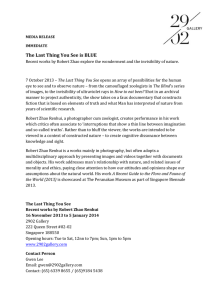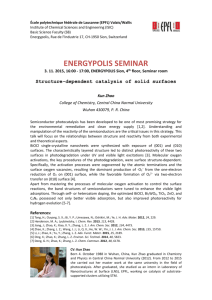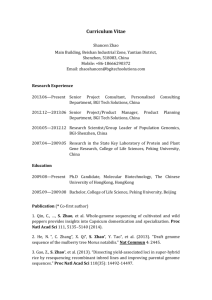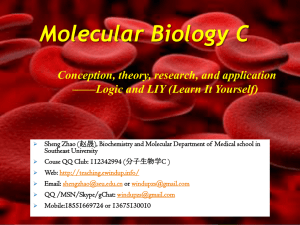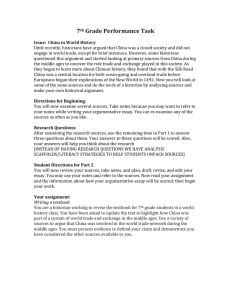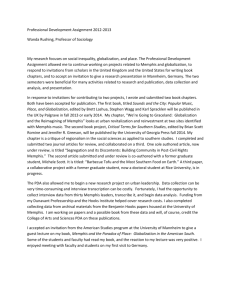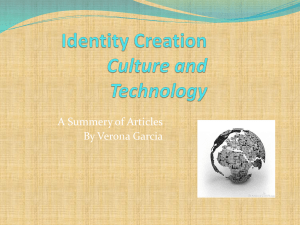Abstract
advertisement
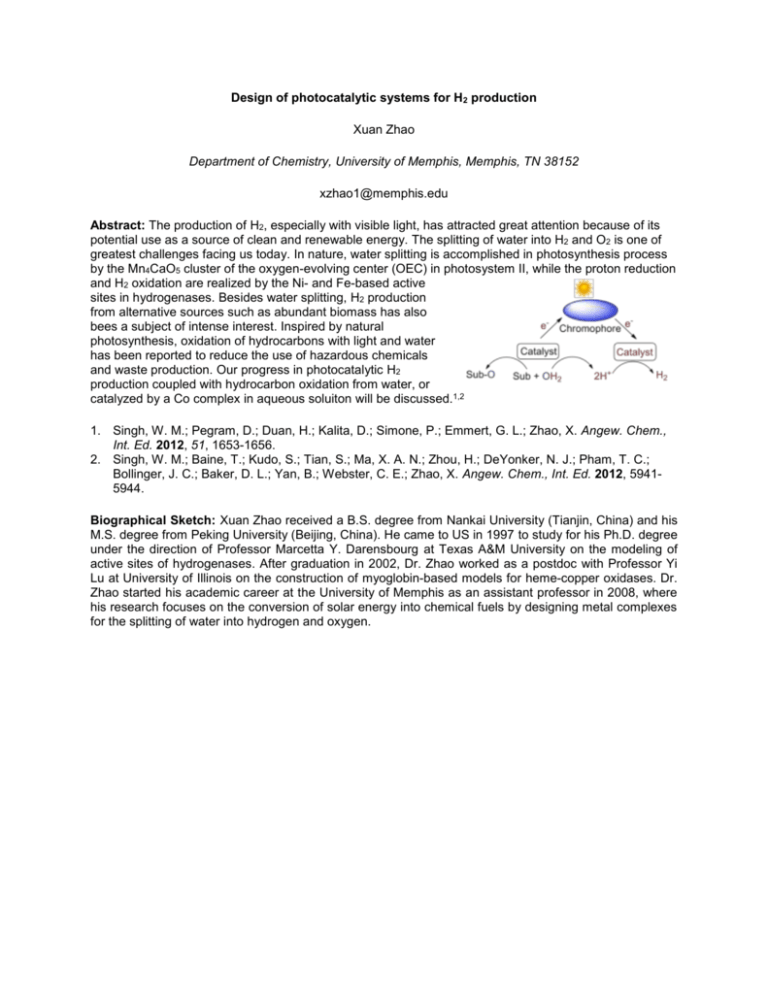
Design of photocatalytic systems for H2 production Xuan Zhao Department of Chemistry, University of Memphis, Memphis, TN 38152 xzhao1@memphis.edu Abstract: The production of H2, especially with visible light, has attracted great attention because of its potential use as a source of clean and renewable energy. The splitting of water into H2 and O2 is one of greatest challenges facing us today. In nature, water splitting is accomplished in photosynthesis process by the Mn4CaO5 cluster of the oxygen-evolving center (OEC) in photosystem II, while the proton reduction and H2 oxidation are realized by the Ni- and Fe-based active sites in hydrogenases. Besides water splitting, H2 production from alternative sources such as abundant biomass has also bees a subject of intense interest. Inspired by natural photosynthesis, oxidation of hydrocarbons with light and water has been reported to reduce the use of hazardous chemicals and waste production. Our progress in photocatalytic H2 production coupled with hydrocarbon oxidation from water, or catalyzed by a Co complex in aqueous soluiton will be discussed.1,2 1. Singh, W. M.; Pegram, D.; Duan, H.; Kalita, D.; Simone, P.; Emmert, G. L.; Zhao, X. Angew. Chem., Int. Ed. 2012, 51, 1653-1656. 2. Singh, W. M.; Baine, T.; Kudo, S.; Tian, S.; Ma, X. A. N.; Zhou, H.; DeYonker, N. J.; Pham, T. C.; Bollinger, J. C.; Baker, D. L.; Yan, B.; Webster, C. E.; Zhao, X. Angew. Chem., Int. Ed. 2012, 59415944. Biographical Sketch: Xuan Zhao received a B.S. degree from Nankai University (Tianjin, China) and his M.S. degree from Peking University (Beijing, China). He came to US in 1997 to study for his Ph.D. degree under the direction of Professor Marcetta Y. Darensbourg at Texas A&M University on the modeling of active sites of hydrogenases. After graduation in 2002, Dr. Zhao worked as a postdoc with Professor Yi Lu at University of Illinois on the construction of myoglobin-based models for heme-copper oxidases. Dr. Zhao started his academic career at the University of Memphis as an assistant professor in 2008, where his research focuses on the conversion of solar energy into chemical fuels by designing metal complexes for the splitting of water into hydrogen and oxygen.
